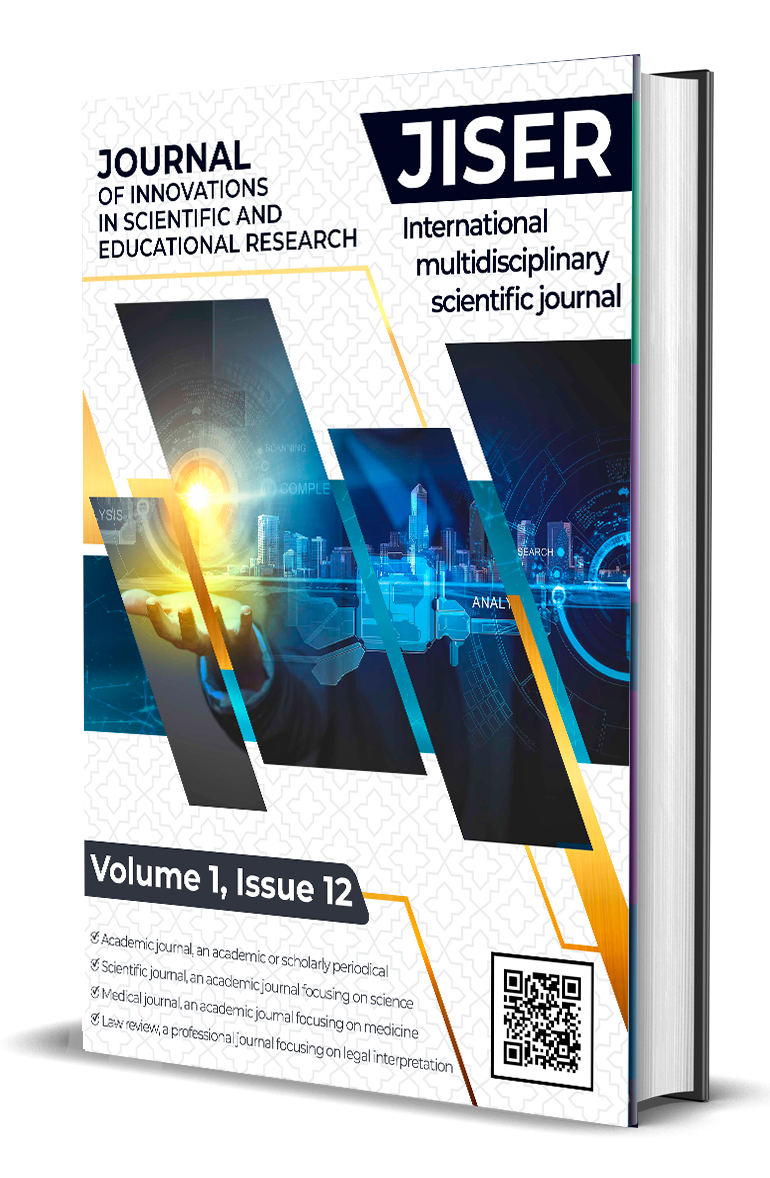METHODOLOGY OF FOREIGN LANGUAGE TEACHING TO CHILDREN OF DIFFERENT AGES
Keywords:
Foreign language teaching, children, age-specific methodologies, language acquisition, pedagogy, early childhood education, task-based learning, communicative approach, cognitive development.Abstract
This article explores the methodologies and approaches used in teaching foreign languages to children of different age groups, analyzing how cognitive, emotional, and developmental factors influence the selection of teaching strategies. The paper examines how linguistic, psychological, and pedagogical research informs the design of age-appropriate foreign language instruction. Special attention is given to the challenges and advantages of foreign language learning in early childhood, primary, and secondary school-aged children. The article concludes with practical recommendations for educators based on the findings.
References
1. Chomsky, N. (1986). “Knowledge of Language: Its Nature, Origin, and Use”. New York: Praeger.
2. Ellis, R. (2003). “Task-Based Language Learning and Teaching”. Oxford: Oxford University Press.
3. Gardner, R. C. (1985). “Social Psychology and Second Language Learning: The Role of Attitudes and Motivation”. London: Edward Arnold.
4. Reinhardt, J. (2012). “Language Learning and New Media: A Content Analysis of Current Trends in Digital Language Learning”. “Language Learning & Technology”, 16(3), 56-71. Retrieved from http://llt.msu.edu
5. Snow, C. E. (2010). “Academic Language and the Challenge of Reading for Learning about Science”. Science, 328(5977), 450-452. https://doi.org/10.1126/science.1182597
6. Swain, M. (2000). “The Output Hypothesis and Its Relevance for Theory and Practice in Second Language Learning”. In J. P. Lantolf (Ed.), “Sociocultural Theory and Second Language Learning” (pp. 97-114). Oxford: Oxford University Press.




